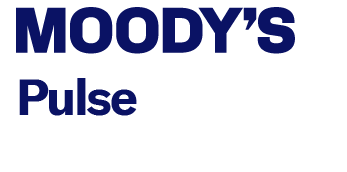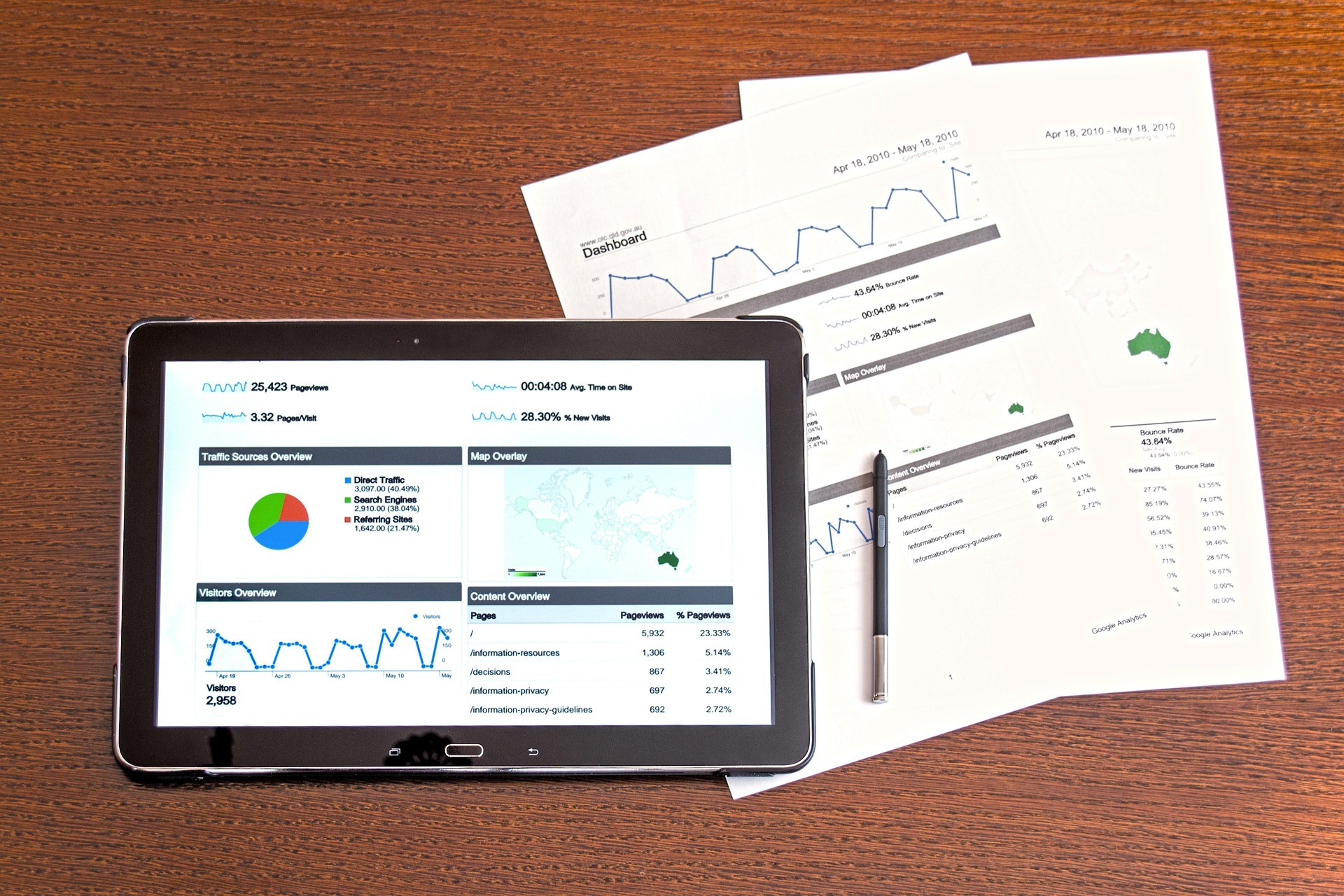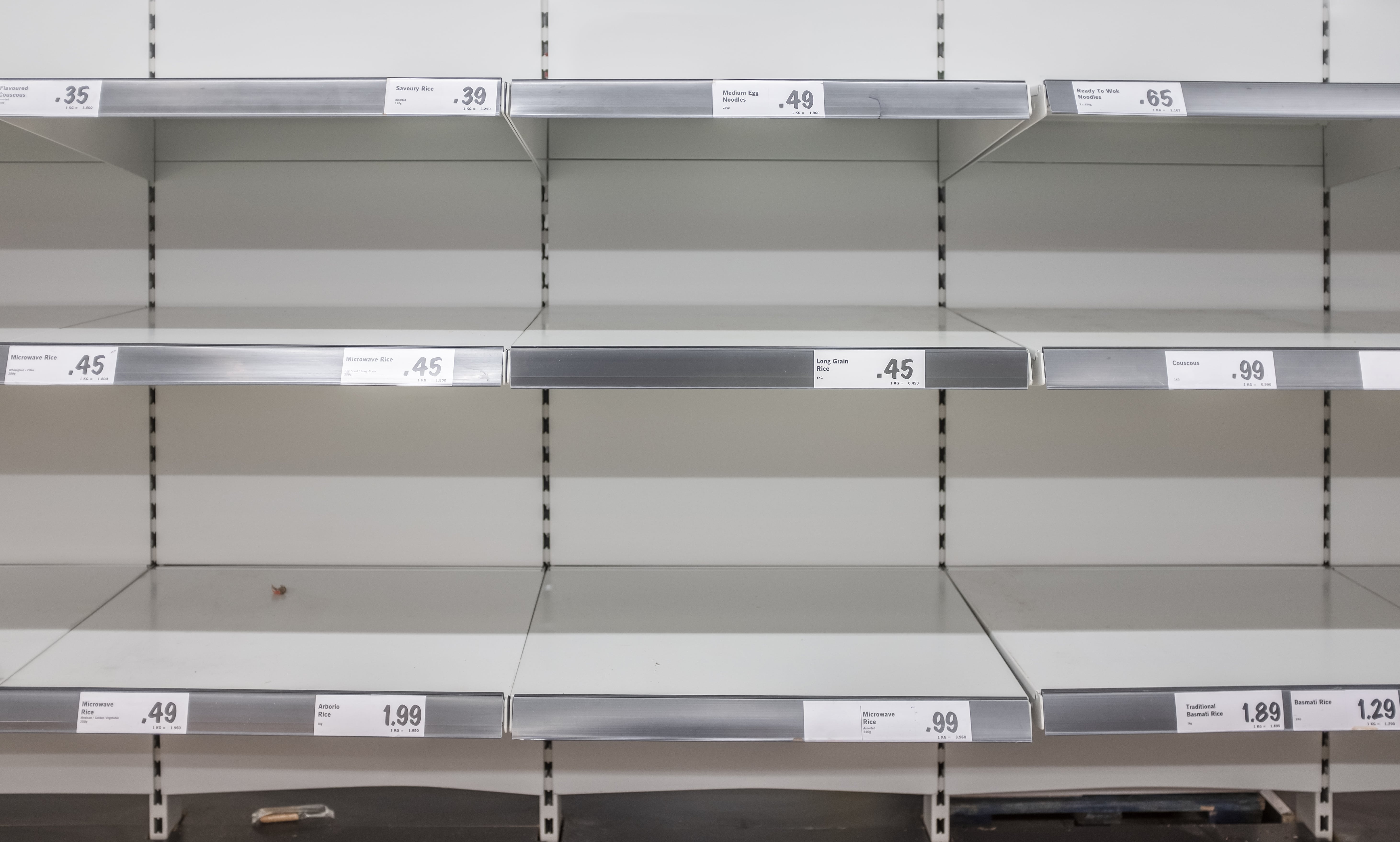How Does the Economy Affect Businesses in a Recession?
How does a recession affect business during times of economic uncertainty? The effects of a recession are deep and far-reaching.
Some recessions cause short-term problems that disrupt the supply chain and cause crashes in the stock market. Other recessions cause long-term issues, like the closure of businesses and an increase in bankruptcy cases.
Economists throughout the world have noted an increased risk of a global recession in 2023. While you can’t prevent economic fallout from a recession, you can minimize its impact on your company. In this blog post, you’ll learn more about what a recession is and how to recession-proof your business.
Defining a Recession
The definition of a recession varies depending on who you ask, but the National Bureau for Economic Research (NBER) defines it as an event that meets the following criteria:
- Depth: A significant decline in economic activity.
- Diffusion: A decline spread across the economy.
- Duration: A decline that lasts longer than a few months.
The NBER qualifies that, although each of the three criteria must be met to some degree, some criteria may exhibit more extreme conditions. The bureau offers an example from February 2020 following the onslaught of COVID-19, when there was a peak in economic activity followed by a subsequent sharp drop.
That drop was so significant that, although it only lasted two months, it could still be classified as a recession.
How Does Recession Affect Businesses?
The way economic factors affect businesses during recessions depends on a few different variables. These factors include the type of company, its industry, level of preparedness, and what actions it takes when recessions happen.
How Recession Affects Small Businesses
Small businesses are companies with under 500 employees. These businesses account for a little over 43% of the gross domestic product (GDP) in the U.S.
Although small businesses make up nearly half of the U.S. GDP, around 40% of these businesses have revenues of below $100,000. Because small businesses are truly quite small in scale, they lack the market power, financial cushion, and leverage needed to weather recessions.
Lenders are less likely to finance small businesses unless these businesses can demonstrate healthy capital assets and cash reserves that operate as collateral during recessions. This situation causes an increase in risk and uncertainty.
Unlike larger companies, small businesses cannot raise funds during recessions by selling stocks or issuing bonds. They also are not able to lobby for federal funding.
All of these economic factors affect business owners, preventing them from withstanding dips in revenue caused by economic uncertainty. This makes small businesses particularly vulnerable during recessions.
How Recession Affects Large Business
Large businesses are those with more than 500 employees. Although these companies may fare better than smaller ones during recessions, they certainly aren’t immune to the many pitfalls that arise during times of economic decline.
For public companies, any declines in revenue will be published in quarterly earnings reports. Investors see these numbers, and due to overall uncertainty and heightened risk, they may sell their shares, causing share prices to decline.
Sometimes, during particularly steep slumps in profit caused by recessions, large businesses have to reduce or altogether eliminate dividends for shareholders.
Of course, large businesses have access to more tools during recessions than small businesses do. For example, a large business can suspend pay raises or initiate a hiring freeze during recessions. In some cases, a company may resort to a mass layoff, which helps cut costs and offers some degree of financial protection.
Large businesses have more wiggle room and resources at their disposal to weather economic recessions compared to small businesses.
Stay up to date with the impacts of our rapidly changing economy on businesses with the Business Economic Tracker from Moody’s Analytics Pulse. Explore the different trends in a variety of dimensions including industry, geography, and business size.
General Sales Decline
During recessions, businesses usually experience a sharp decrease in sales as a result of economic uncertainty. While the level of decline depends on the industry, most businesses are affected to some degree.
Cyclical industries — those that manufacture or sell nonessential products and services — tend to be the most affected. Examples of cyclical industries include:
- Nonbusiness travel services
- Luxury goods
- Restaurants
- Furniture
- Automobiles
These nonessential goods and services are the first expenses that consumers cut during hard times, leading to sharp declines in revenue. Most manufacturers of products, both essential and nonessential, have to slow production due to superfluous stock as a result of declining demand.
Finally, marketing and advertising budgets across industries are often reduced since consumer demand has declined. This reduction means that those in the media sector experience revenue slumps as well.
Understand how the economy is impacting different industries by exploring the Industry Monitor Reports from Moody’s Analytics Pulse. These monthly reports give you free access to key financial trends and insights across 7 major industries.
Bankruptcy and Financing Issues
Today’s lenders have decades of historical evidence showing the risks associated with lending during recessions. This perspective makes it harder for businesses to get short- or long-term loans to finance their needs.
One more factor increases hesitancy among lenders: There is no way to determine how long a recession will last. Even the NBER, whose job it is to declare recessions, can’t predict the length of recessions once they happen.
Therefore, a lender is less likely to extend a loan or line of credit to a company when it is uncertain that the company will be able to pay the loan back in a timely manner. However, large companies typically fare better than small businesses during recessions as they are more likely to be able to refinance debt at considerably lower interest rates.
The Federal Reserve typically lowers interest rates for federal funds during recessions. Unfortunately, many businesses still face fixed debt service costs that must be met regardless of declining sales or profits. Hence, some companies declare bankruptcy in response to problems that arise during recessions.
Benefit Reductions and Layoffs
During recessions, it’s common for layoffs to take place as a reaction to the uncertain economy. There is a chain reaction or domino effect that causes layoffs. It starts with economic decline, which results in reduced demand for goods and services.
This reduced demand means businesses require fewer workers to meet their quotas. The reduced need for workers leads companies to lay off employees to cut costs and protect their profits.
Layoffs cut costs and, sometimes, increase individual employee productivity (usually because the remaining employees must now take on heavier workloads). However, company morale typically suffers as a result.
An alternative to layoffs is cutting wages, but workers are usually reluctant to accept this method — if they even agree to it at all. Some companies have succeeded at negotiating wage concessions in order to not only preserve jobs but also save the company.
This scenario usually happens during prolonged recessions. Recessions cause many manufacturing companies to close some or all of their plants or discontinue certain products or brands, which also results in layoffs.
Stay informed on workforce reduction and layoff trends by state by accessing unemployment filing data for free in our Business Economic Tracker.
How to Recession-Proof Your Business
Recessions are scary, so you may be wondering how to recession-proof your business. While there is no surefire method, there are some steps you can take to help your business fare better during the next recession.
Increase Cash Holdings
One way you can recession-proof your business is to improve your business portfolio by increasing cash holdings. Asset diversification, along with a long investment timeline, helps protect your business during a recession. Cash holdings allow for quick and easy access to liquidity during crashing stock markets.
Avoid Debt and Tapping into Your Reserve
If possible, avoid debt and refrain from tapping into your reserve by paying as you go. Even if you can increase your cash holdings, you also need to be able to connect all business expenses to coordinating sales.
For example, if you need to purchase a new piece of equipment, you should try to pay for the equipment with the revenue generated from sales during the same period.
Invest in a Healthy Marketing Strategy
Investing in marketing might not save you money, but it can help keep your business healthy throughout a recession. When you invest in strategic marketing methods, you acquire new customers, which can offset customers lost due to economic decline.
Focus on Customer Service
Customer service is one of the best ways to create long-term stability for your business. The better your customer service, the more likely you will get repeat sales.
Usually, getting new customers costs more than retaining current customers. Make sure your team is armed with the training and resources needed to provide the best possible customer service.
Clean Up Accounts Receivable
Before a recession is in full swing, clean up your accounts receivable process. Collect outstanding balances from your customers so you can avoid liquidity issues in the future.
If your business deals with other businesses, you might consider reevaluating your client pool as well. One way to do this is to check your clients’ credit profiles to see who is a strong customer and who is a risky one.
Automate Risk Monitoring
Having an effective strategy to monitor your accounts receivable portfolio is always smart. In the face of a recession, however, it is critical. Moody’s Analytics Pulse allows businesses to monitor their AR portfolios for thousands of risk factors.
We provide real-time updates on changes to your customer’s credit, allowing you to make informed decisions quickly. These updates are sent directly to your email, giving you one less platform to log into every day.
Not only does our solution help you recession-proof your business, it’s also budget-friendly. Instead of paying a monthly fee, you only pay for the reports you download. This gives businesses more control over their budgets in a time when they need it most.
You Can’t Prevent a Recession – But You Can Prepare for One
Although there is no way to prevent a recession, you can be prepared should one come to pass. Stay up to date on global economic issues, even if it’s as simple as following your favorite news source’s finance segment. Implement best practices to manage credit risk and other potential threats to your bottom line.
In addition, increase your cash holdings, invest in marketing and customer service, clean up your accounts receivable, and avoid taking on new debt or tapping into reserves. You can put your business in a better position to survive the next recession.
For more information on streamlining accounts receivable and automating your risk monitoring process, contact us about Moody’s Analytics Pulse. Schedule a demo with our credit experts to learn how to use our platform to help recession-proof your business.





